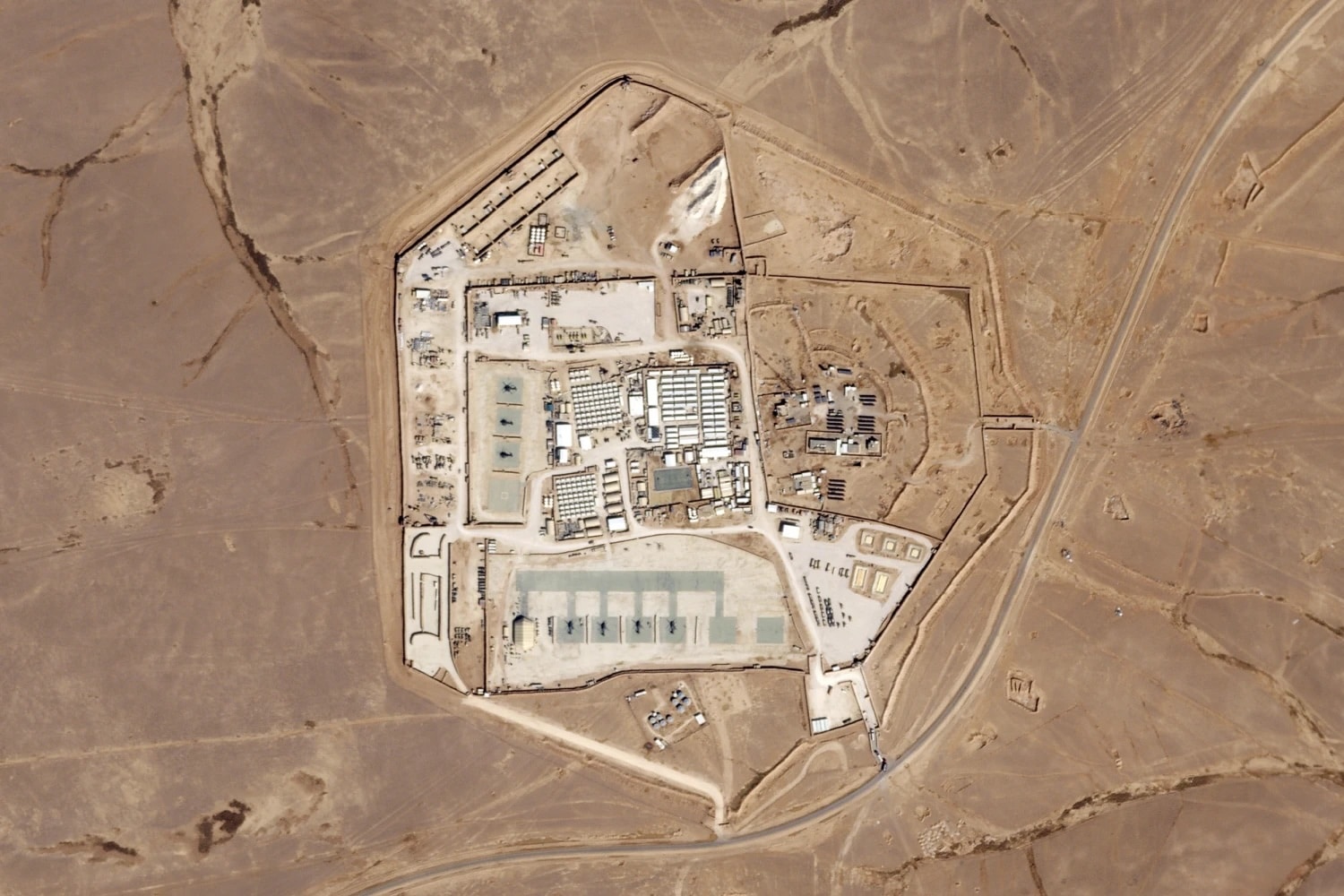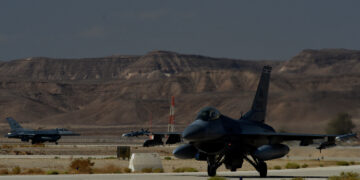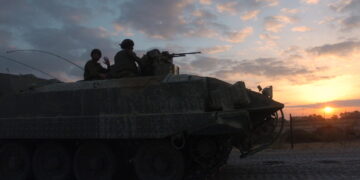January 30, 2024
The U.S. has to respond to the attack in Jordan. But it shouldn’t attack Iran.
By Daniel DePetris and Rajan Menon

The attack Sunday by Iranian-backed militias against a U.S. facility in northeastern Jordan, which killed three U.S. troops and injured more than 30 more, has understandably caused shock and outrage in Washington. U.S. retaliation is assured, although we don’t know what form that retaliation will take. President Joe Biden said Tuesday that he has made a decision about how to respond, and it wouldn’t be a stretch to assume any U.S. military action will be broader in scope than the U.S. strikes against Iraqi and Syrian militia sites over the last three months.
Some pundits and lawmakers want Biden to include Iran itself on its list of targets. “The only thing the Iranian regime understands is force,” Sen. Lindsey Graham, R-S.C., wrote in a statement after the attack in Jordan. “Until they pay a price with their infrastructure and their personnel, the attacks on U.S. troops will continue.” Sen. Tom Cotton, R-Ark., said anything less than an attack on Iran itself would amount to cowardice on our part and embolden Iran’s leaders.
Underlying all of this chest-thumping is the assumption that U.S. military action would be so painful that Iranian leaders would respond the way we would like them to: by standing down and ordering their proxies in the Middle East to cease further attacks against U.S. troops and installations in the region. Unfortunately, this is a low-probability scenario. Iran’s reaction might confound our expectations. Embarrassed and angered after being struck by American bombs, Iran could up the ante and attack U.S. troops and bases. Washington’s extensive military presence in the region, while commonly viewed as a source of strength, may prove to be a vulnerability by providing Iran a long menu of targets to strike.
More on Middle East

By Jennifer Kavanagh and Dan Caldwell
July 9, 2025

Featuring Rosemary Kelanic and Jennifer Kavanagh
June 30, 2025
Events on Iran








